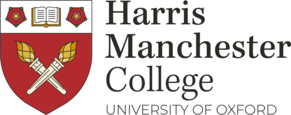ObjectivesTo assess the health related quality of life of patients before and after aesthetic surgery.DesignA survey by questionnaire of patients before receiving surgery and 6 months after surgery.Sample656 patients anticipating surgery were sent a preoperative questionnaire, to which 443 replied. Subsequently 259 of these received a postoperative questionnaire, of which 198 were returned.Outcome measuresHealth status was assessed using three standardised health status instruments (The Short Form 36 Health Survey Questionnaire (SF-36), the General Health Questionnaire (GHQ-28) and the Rosenberg Self Esteem Scale. Comparisons were made between the health status of the plastic surgery patients and that of a random sample of the general population.ResultsPatients receiving breast reduction surgery experienced significant improvements on all three health status measures. Patients in all surgical groups experienced significant improvements in self-esteem.ConclusionsPatients receiving aesthetic surgery experience a wide range of physical, psychological and social problems. Surgery was shown be effective at addressing these problems. Health status assessment provides a valid and independent method for measuring the effects of such health care interventions.
Abdomen
,Ear, External
,Humans
,Treatment Outcome
,Mammaplasty
,Rhinoplasty
,Postoperative Period
,Health Status Indicators
,Follow-Up Studies
,Self Concept
,Esthetics
,Surgery, Plastic
,Quality of Life
,Adolescent
,Adult
,Aged
,Middle Aged
,Female
,Male


